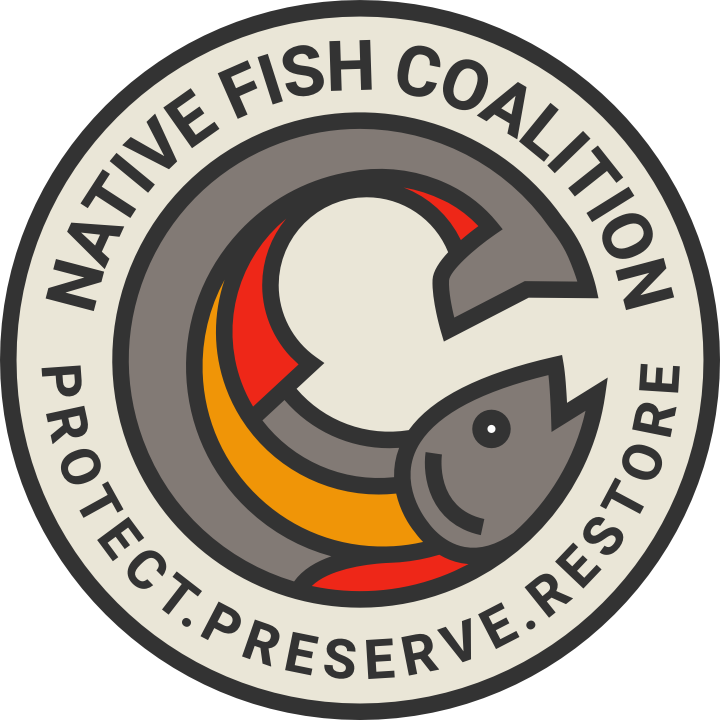Animal Welfare Group's Chime in on Fisheries Management in New Hampshire
An OpEd just ran in the Concord Monitor (NH), that is sure to get the attention of the New England sporting community, and set the www ablaze with discussion and challenge. It talks about fish, fisheries management, and stocking, and was written by members of local and national “Animal Welfare” groups.
To be clear, the end goal of these groups is to stop all recreational fishing. I know this because I have spoken with them and when I asked, they admitted it. But to be fair, many of their concerns are legitimate, and tough to argue if you can get past the underlying message.
Who could argue that fisheries management in New Hampshire is not representative of best-practice? Stocking over wild native fish is common, and wild native fish are receiving very little protection. And the critically important Wild Trout Management program is on life-support…
“The department’s Wild Trout Management Program protects water bodies inhabited by wild brook trout. Water bodies with a specified density of wild trout (13 pounds/acre) receive protections. Unfortunately, this program is neglected by the department. There are only 16 designated water bodies of the 222 ponds and 1,200 miles of rivers and streams inhabited by trout. No new ones have been added in more than 13 years, despite many additional bodies meeting these criteria.”
Click Here to Learn More About NH’s Faltering WTM Program
As responsible sportsmen and conservationists can we ignore arguments and concerns that mimic our own positions because they come from the wrong direction, figuratively? Or because they are part of an overall agenda we don’t support? Or because we fear that doing so will put what we hold dear at risk?
“A prime example is the Merrymeeting River, where the Powder Mill Hatchery is the single largest polluter.”
“Instead of supporting native fish conservation, the department directs its inland fisheries budget toward hatchery facilities that raise trout and other fish species, some of which are not native. ”
“Millions of hatchery fish are released into water bodies across our state to the detriment of native fish. ”
“Hatchery fish compete with native fish for scarce resources, spread diseases, and prey on native fish offspring. They also breed with native fish and reduce their genetic diversity.”
NFC certainly can’t argue with some of what is said in the article, as it mimics, almost verbatim, what we have said for several years now. Doing so would be disingenuous and hypocritical, and we would surely, and rightfully so, be called on it…
“For instance, the department’s own data shows that portions of the Wildcat River have enough wild trout to qualify for protection, but no action has been taken to nominate them. There are also no designated water bodies in multiple locations, like the White Mountain National Forest, which are rich in wild trout.”
Recreational fishing is not going away any time soon, so the fear of incrementalism is unfounded. But maybe we can reduce stocking over wild native fish? Or provide our wild native fish with the protection they need to survive and prosper? And regardless of where the help comes from…
-Bob Mallard
“All New Hampshire water bodies inhabited by native trout must be evaluated in a timely fashion to ensure that all ponds, rivers, and streams meeting the criteria for designation get the protections they are entitled to.”

